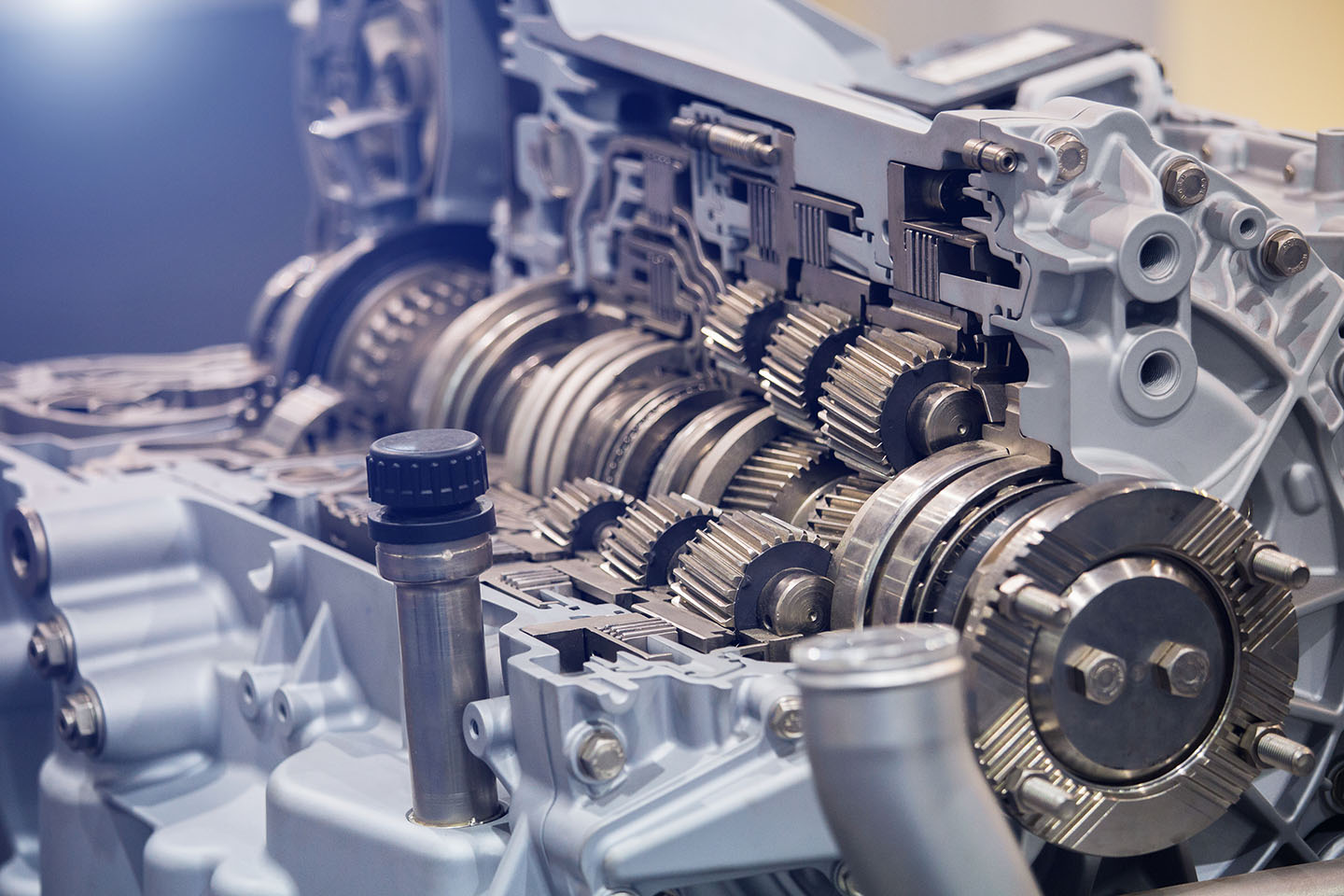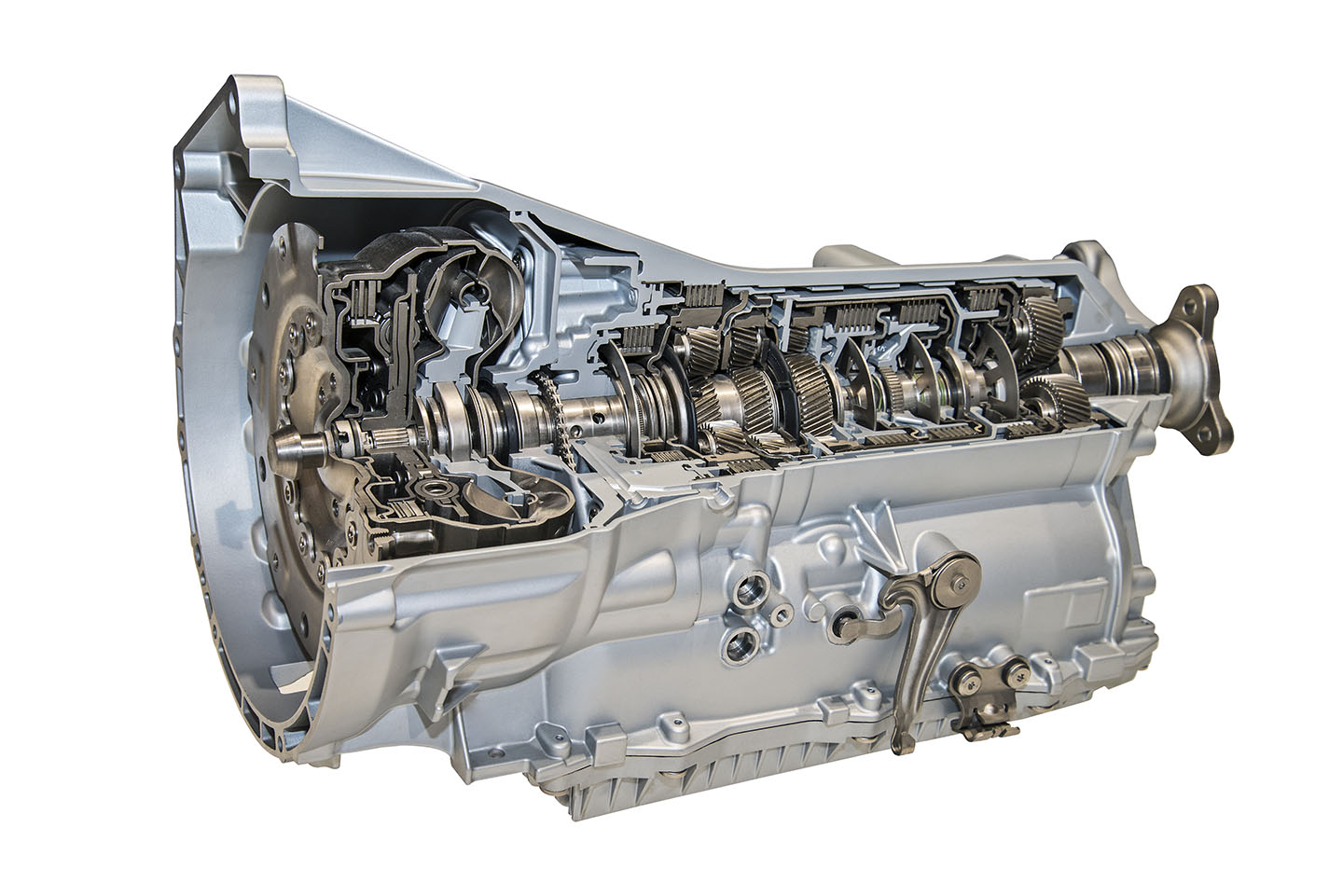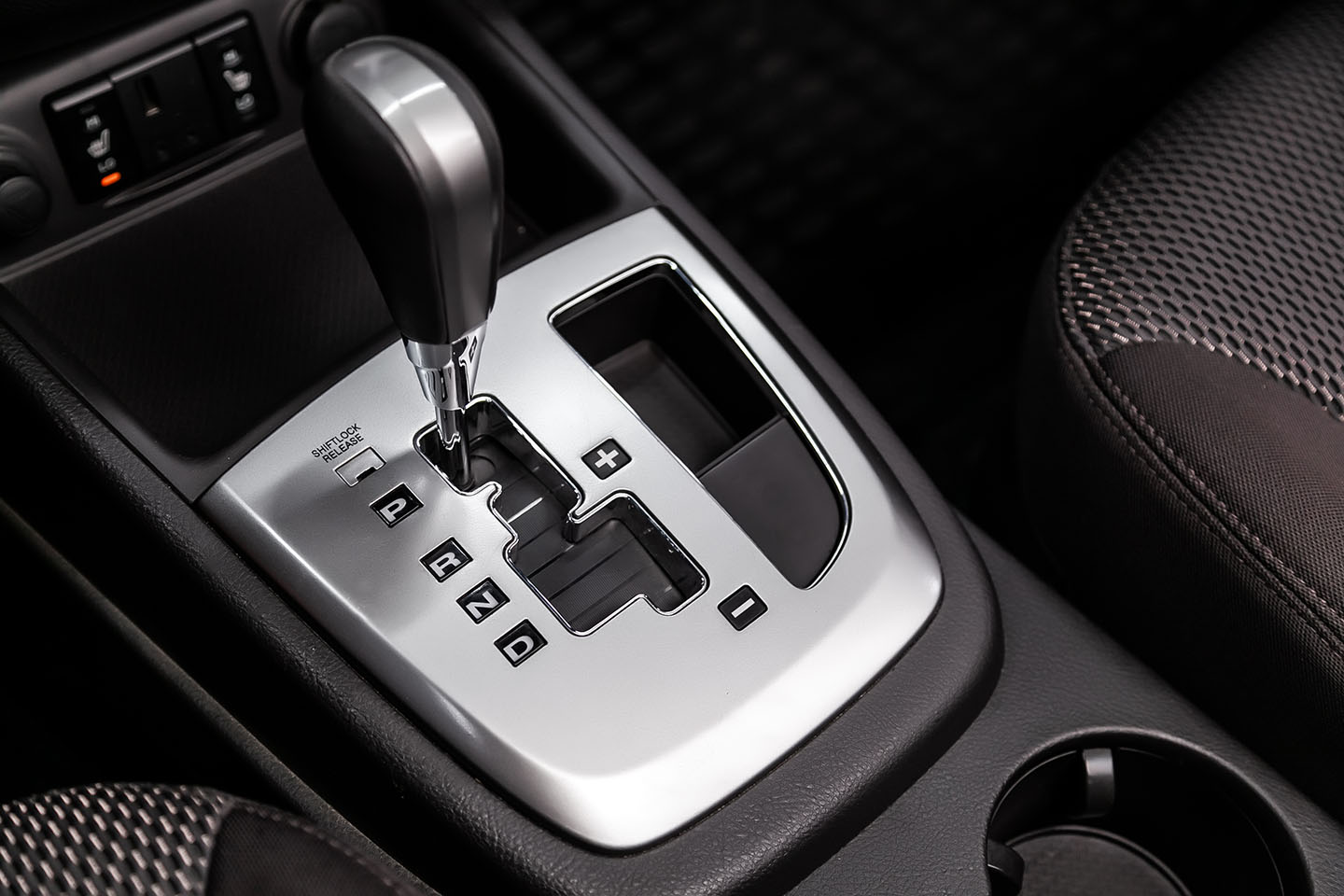Bad Torque Converter vs. Bad Transmission: What You Need to Know
Mar 1st 2023

Scharfsinn/shutterstock.com
If you’re having problems shifting gears on your automatic diesel engine, there could be a problem with either the torque converter or transmission, but many drivers don’t know how to differentiate between the two. These issues can lead to similar symptoms, including unusual sounds (such as banging, grinding, whining, or shuddering), gear slippage, trouble accelerating, reduced power, and excessive vibrating. So, how do you know if the problem is a bad torque converter or a bad transmission? There are several ways to differentiate between the two. Use this guide to keep your diesel automatic transmission running smoothly.
What Is the Torque Converter and How Does It Affect Acceleration?
All automatic transmissions use a torque converter to convert energy from the engine into a hydraulic pressure that allows the driver to shift gears automatically. It delivers the energy to a mechanical clutch that produces a rotating mechanical force that moves the wheels forward. The converter is a type of hydraulic coupling that’s filled with transmission fluid. It is located between the transmission and the engine’s flex plate and includes five components, including the impeller, the turbine, the stator, a clutch, and the fluid.

gopixa/shutterstock.com
The impeller works like a fan that pushes the transmission fluid at various speeds. The fluid is then put into a turbine that will start to spin. This then powers the shaft on the wheel of the truck. Frequent gear slippage can lead to overheating, which can wear down the elastomer seals that keep the transmission fluid contained in the converter. Parts of the clutch can also become locked or the blades of the fan may get damaged. Once the torque converter starts to break down, the entire transmission will start to overheat, which can cause further damage. Use a transmission temp sensor to monitor the heat coming off the transmission. Compare the temperature to the range listed in your user manual.
How to Tell the Difference Between a Bad Torque Converter vs. Bad Transmission
Lots of drivers run into transmission issues, but the culprit tends to be a bad torque converter rather than a bad transmission. Diesels use highly sophisticated transmissions that usually last anywhere from 1,000,000 to 1,500,000 miles when they are well-maintained. Some will even run 30 years or more, which is about the lifespan of the engine itself. The torque converter should last around the same amount of time.
The transmission is also one of the most expensive parts to replace on a diesel truck. If you’re running into the problems mentioned above, you might be able to save money by replacing the torque converter instead of flushing it out for a brand-new transmission, which can cost between $1,800 and $3,400.

Everyonephoto Studio/shutterstock.com
You can test to see if the torque converter is part of the problem by completing what’s known as a start-stall test. Check your owner’s manual to see if it is safe to conduct this test. Start the engine and push down on the accelerator while holding the brake for two to three seconds. Any longer and you risk damaging the transmission, so use caution. Find the rotations per minute to identify the stall speed. Compare the RPMs to what’s needed to power the engine and torque converter. If the stall speed is too low, the torque converter should be replaced.
You can’t replace the torque converter without taking out the transmission since they are bolted together. Try replacing the torque converter and reinstalling the transmission to see if that resolves the issue or talk to a mechanic to see if the rest of the transmission is salvageable. The longer the problem goes on, the more you risk damaging the transmission. A bad torque converter can easily spread to the rest of the transmission due to excess heating, friction, and possible damage to the transmission fluid, which can leak into the engine.
If you are running into problems with the transmission or torque converter, shop for replacement diesel products online to find the right part for your specific make and model. The torque converter is an invaluable part of the transmission in your diesel truck. If your transmission isn’t working, start by inspecting the converter to reduce the repair costs as much as possible.
